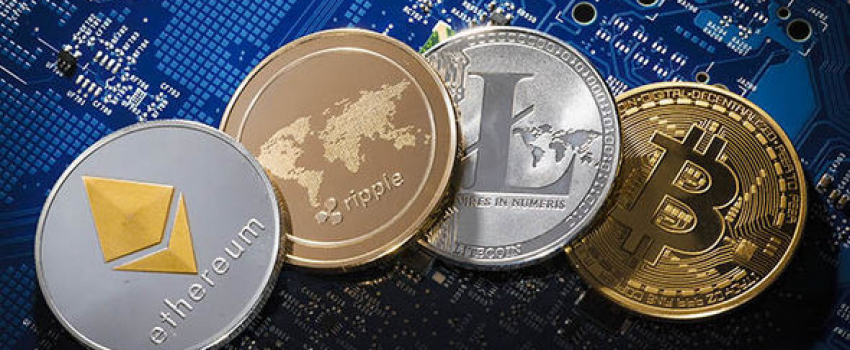As the crypto currency markets see stratospheric growth levels, it has drawn the eye of federal oversight agencies. The Securities and Exchange Commission (SEC) has issued a slew of subpoenas and requests for information from technology companies engaging in initial coin offerings (ICOs).
There are over 3000 crypto currencies available for purchase or investment on international exchanges, with many backed by nothing more than slick marketing campaigns. Some of these currencies are attempting to raise money through initial coin offerings known as ICOs, which try to raise funds for new or existing ventures. The SEC is warning that some of these digital currencies are designed to deceive the public and investors.
Many currencies are built upon the Ethereum blockchain, which is the technology behind most of the online currency transactions. Ethereum is the second most valuable currency, behind Bitcoin, but its technology, known as “Ether” is utilized to confirm financial and smart contracts across a variety of industries. The digital coins or tokens, in theory, can be purchased and redeemed for goods and services online, with a value matching the current exchange price.
The SEC has yet to comment on the dozens of subpoenas issued, but according to sources familiar with the issue, the information requests revolved around tech companies and advisers involved with raising capital to fund crypto ventures.
With investor warnings seemingly coming almost weekly from the SEC, it appears they are particularly concerned that some ICOs are raising money for some companies that exist only on paper. Recent reports have detailed how coin startups that are built as only experiments, now have a market cap worth billions of dollars.
The subpoenas are aimed at firms and individuals presenting offerings that the SEC believes are in violation of securities laws. The cryptocurrency market is red hot, starting with bitcoin, but more recently with investors seeing triple digit returns by investing in little known or vetted digital currencies, the growth expected this year should be tens of billions of dollars.
Regardless of the risks, investors continue to bet on these emerging ICOs, which in many instances do not adhere securities laws with the help of certain loopholes or strategic structuring plans. According to CoinSchedule, last year, ICOs raised nearly 4 billion dollars from private and institutional investors. This year, the market looks to eclipse that amount by many more billions, with $1.5 billion already being raised in the first two months of 2018.
The market shows no sign of slowing with almost 500 new ICOs launching this year. The SEC has warned investors of the dangers involved with get-rich-quick cryptocurrency schemes, and have indicated they will be cracking down further on those companies seeking to defraud investors through crypto offerings and related services.
SEC Chairman Jay Clayton, has stated he believes that cryptocurrencies need to be regulated by the SEC, mainly because once bought, the currencies are traded on secondary markets that are already regulated by the SEC. The federal government has been quick to warn digital currency companies that they need to adhere to securities laws when drafting their offerings, or feel the wrath of a government investigation.
During a Senate Committee hearing on February 6th regarding cryptocurrencies, Clayton stated that “many promoters of ICOs and cryptocurrencies are not complying with our securities laws.”
“We have brought a number of enforcement actions concerning ICOs for alleged violations of the federal securities laws,” Clayton added. “I have asked the SEC’s Division of Enforcement to continue to police these markets vigorously and recommend enforcement actions against those who conduct ICOs or engage in other actions relating to cryptocurrencies in violation of the federal securities laws.”
Last November, the SEC warned that any person endorsing or promoting digital currencies, included sports professionals or celebrities, must provide the terms by which they are recommending the currency. Celebrity endorsements have been increasing, with many receiving






